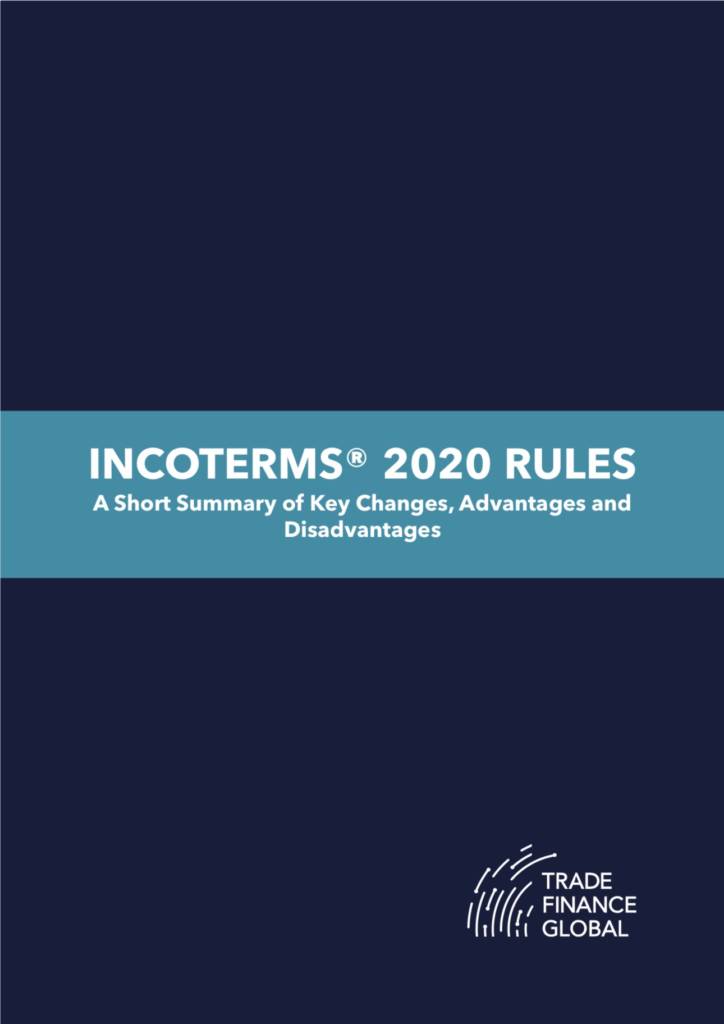
Meet our writer. Written by our resident freight forwarding and shipping expert. Bob Ronai→
With the seller not only contracting for carriage to the buyer’s country but also contracting for delivery to occur there – the difference between the C rules and the D rules – the seller not only bears the transit risk but potentially puts itself in jeopardy of breaching the sales contract.
For example, the truck is on the way to the buyer’s premises (direct from the seller or from a destination terminal) when it has an accident resulting in damage to the goods.
Or the goods are delayed in transit due to bad weather necessitating the vessel to divert from its schedule. Or the container is washed overboard.
The seller is unable to deliver the contracted goods in good order and condition, by the agreed date or within the agreed period, so may well be in breach of the sales contract. That contract might contain liquidated damages provisions that the seller’s eyes glazed over when reading it.
To make life more difficult, the seller might then need to arrange a claim in the destination country against its own insurance. Or wait while a general average claim gets underway.
Be careful, be very careful, selling under the D rules.

Want to find out more about Incoterms® Rules 2020?
We have summarised the 11 Incoterms which have recently been revised by the ICC Incoterms Drafting Committee for 2020.
View our Incoterms® Rules 2020 hub here with free guides, podcasts, videos and content!

























